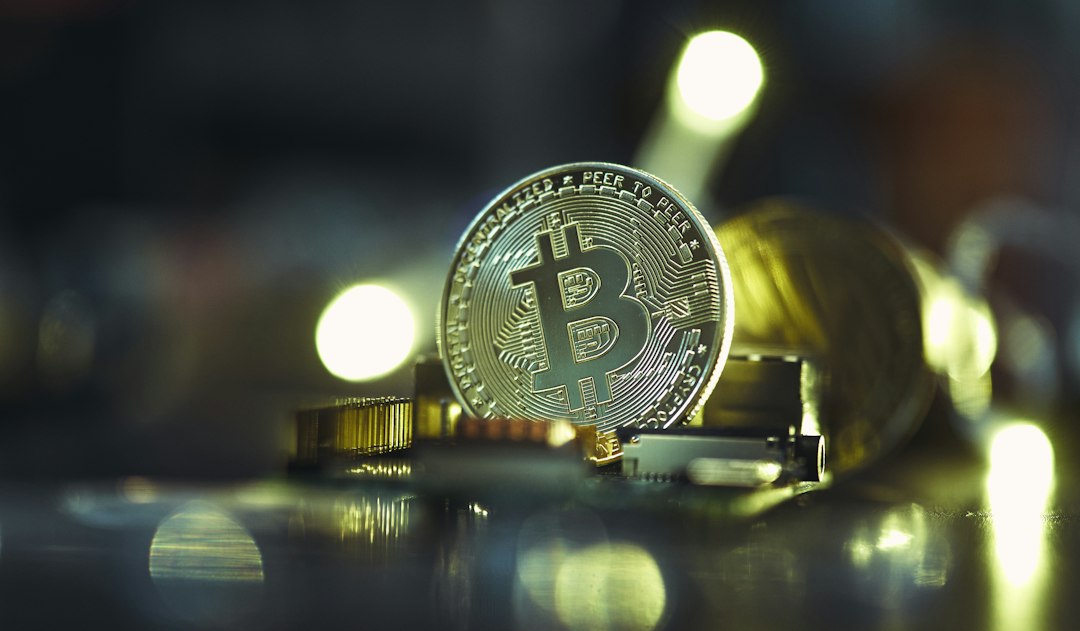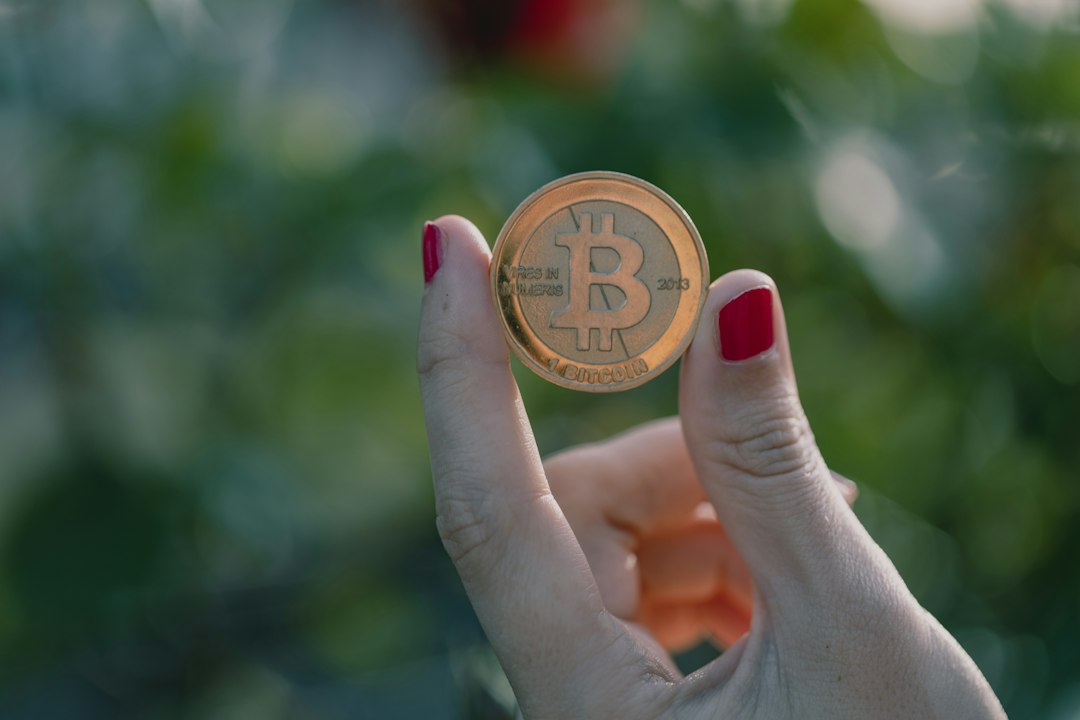A Bug Fix Could Stop New Bitcoin Ordinals and BRC-20 Tokens, Claims Developer
A bug fix on the Bitcoin network has been implemented to address the issue of network congestion caused by the creation of new Bitcoin Ordinals and BRC-20 tokens. According to Bitcoin Core developer Luke Dashjr, inscriptions used by Ordinals and BRC-20 creators exploit a vulnerability in the Bitcoin Core code, allowing them to spam the blockchain. The recent update to Bitcoin Knots, a Bitcoin Core derivative, has fixed this vulnerability. However, existing inscriptions will still remain. Dashjr hopes that the vulnerability will be fixed in the upcoming v26 release of Bitcoin Core.
Ocean Mining Protocol Fixes Vulnerability Exploited by Spammers
The decentralized mining protocol Ocean, where Dashjr serves as CTO, has announced that the Bitcoin Knots upgrade has successfully fixed the long-standing vulnerability exploited by modern spammers. As a result of this update, Ocean’s blocks will include more real transactions, implying that Ordinals inscriptions are considered a denial-of-service attack on the Bitcoin network.
Developer Opposes Ordinal Inscriptions
Dashjr strongly opposes Ordinal inscriptions and claims that they have caused significant and irreversible damage to Bitcoin and its users. He believes that Ordinals have been an attack on Bitcoin from the beginning. The Ordinals protocol was launched in January 2023 by Casey Rodarmor and allows users to “inscribe” data and nonfungible tokens (NFTs) onto satoshis. However, these inscriptions and BRC-20 token minting have led to increased congestion on the Bitcoin network.
Hot Take: Congestion Relief for the Bitcoin Network
The bug fix implemented in the latest update to Bitcoin Knots is a step towards relieving network congestion caused by the creation of new Bitcoin Ordinals and BRC-20 tokens. By fixing the vulnerability that allowed inscriptions to bypass transaction data limits, the update ensures that the blockchain is not spammed. However, existing inscriptions will still remain. The decentralized mining protocol Ocean has also implemented this fix, resulting in more real transactions being included in their blocks. While there is still work to be done to fully address this issue, these developments are a positive step towards optimizing the efficiency and usability of the Bitcoin network.





 By
By
 By
By
 By
By
 By
By
 By
By
 By
By